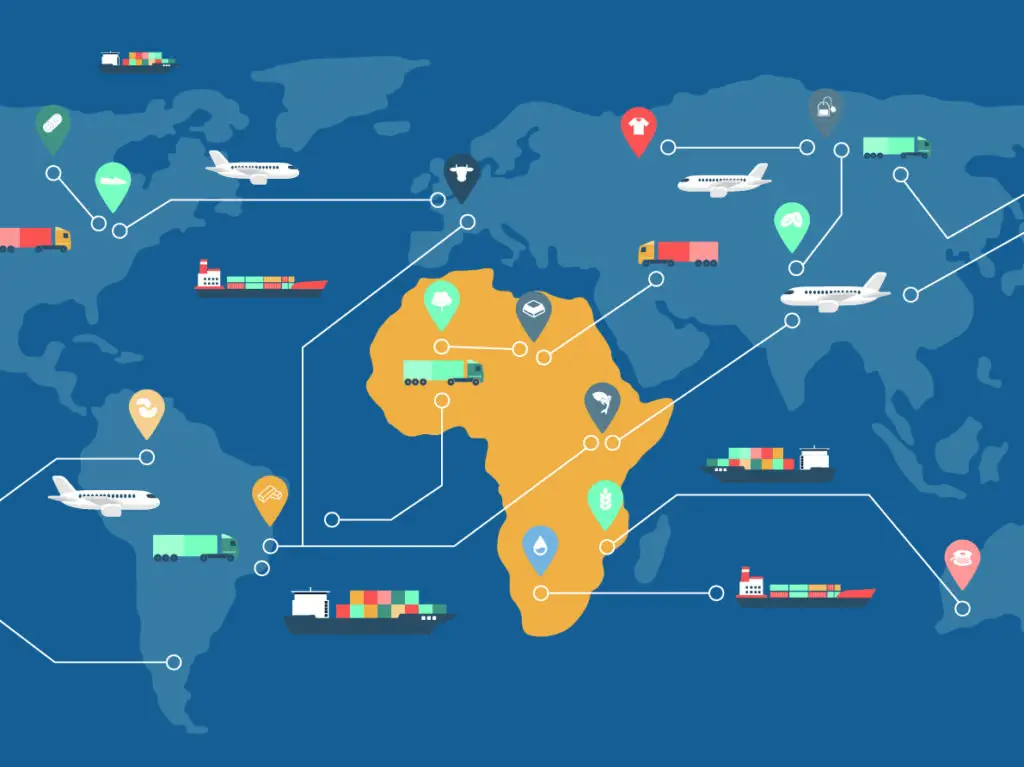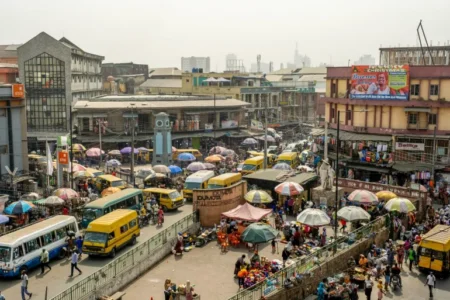- Africa’s economic growth in 2024 is expected to be upward with the real GDP projected to grow by 3.2 per cent, up from 2.6 per cent in 2023.
- East Africa, encompassing Ethiopia, Kenya, Uganda, Rwanda, Tanzania, and the DRC, will again power the continent’s growth prospects.
- Despite the projected continental growth, the intelligence unit faces substantial risks, including security threats, political instability, and debt repayment burdens.
Africa’s economic growth 2024
According to the international research unit, Economic Intelligence, Africa is expected to grow at the second-fastest rate among major regions globally in 2024. The unit ranks behind Asia, which China and India will propel.
Except for Sudan and Equatorial Guinea, whose economies appear destined to decline this year, most African governments are predicted to report good growth stories.
The real African GDP is expected to rise by 3.2 per cent in 2024, up from 2.6 per cent in 2023, according to the EIU. 12 of the 20 fastest-growing economies in the world in 2024 will be in Africa.
“The East Africa, encompassing Ethiopia, Kenya, Uganda, Rwanda, Tanzania and the DRC, will once again be the ones powering the continent’s growth prospects.”
This is on the back of the services sector boom, which is projected to continue to play a significant role in driving the economies of East Africa.
The report highlights the specific sectors: the resurgent travel, tourism and hospitality, resilient transport and logistics, and the vibrant financial and telecommunications industries.
The EIU predicts that resource-intensive countries and significant commodity exporters on the continent will continue to prosper in addition to East Africa.
“This is due to the fierce competition and high prices for Africa’s hydrocarbon supplies, mining industry output, and agricultural produce,” the statement reads.
Nevertheless, it predicts that significant investment in Africa’s energy sector endeavours and minerals and metals essential to the global energy shift and digital revolution will persist.
Read also: Africa’s economic outlook remains positive above the global average
Africa’s probable growth prospect risks
Despite the projected continental growth, the intelligence unit faces substantial risks, including security threats, political instability, and debt repayment burdens. According to the report, more countries will push for debt restructuring and relief in the better part of this year.
“African nations will feel the financial squeeze created by excessive debt and a heavy debt-repayment burden in 2024, which will weigh on economic growth and stability in some countries,” the report adds in part.
“The financial pressure created by elevated external debt has been compounded by the fallout from multiple external shocks in recent years, including the COVID-19 pandemic, Russia’s invasion of Ukraine and adverse weather conditions linked to global climate change.”

Currency depreciation
Further, the EIU report anticipates continued currency depreciation against the US dollar across the continent. However, it notes that adjustments are expected to be less severe than those recorded in 2023.
The Southern African economies, including South Africa, Namibia and Botswana, saw their currencies lose considerable value against the US dollar in 2023, but currency stability appears to be the most likely outcome in 2024.
Zimbabwe is the exception in Southern Africa, where substantial exchange-rate depreciation will be aggravated by diminishing confidence in the local currency.
“The weak economy will remain highly dollarised and the planned adoption of digital gold coins as a medium of exchange, possibly by 2024, will further erode the value of the Zimbabwe dollar.”
Inflation outlook
Touching on the general cost of living inflation levels, EIU says the pressures are expected to ease from the more elevated levels recorded in 2023 for all but a small handful of African countries, namely Angola, Seychelles, Sudan and Tanzania, where country-specific factors will push up consumer price inflation.
“An easing of consumer price pressures will be a welcome relief for policymakers and households.
However, inflation will run strong into 2024 and remain a central story for several large economies as these countries will continue to suffer the economic instability generated by another year of double-digit consumer price inflation, largely driven by elevated oil prices.”











